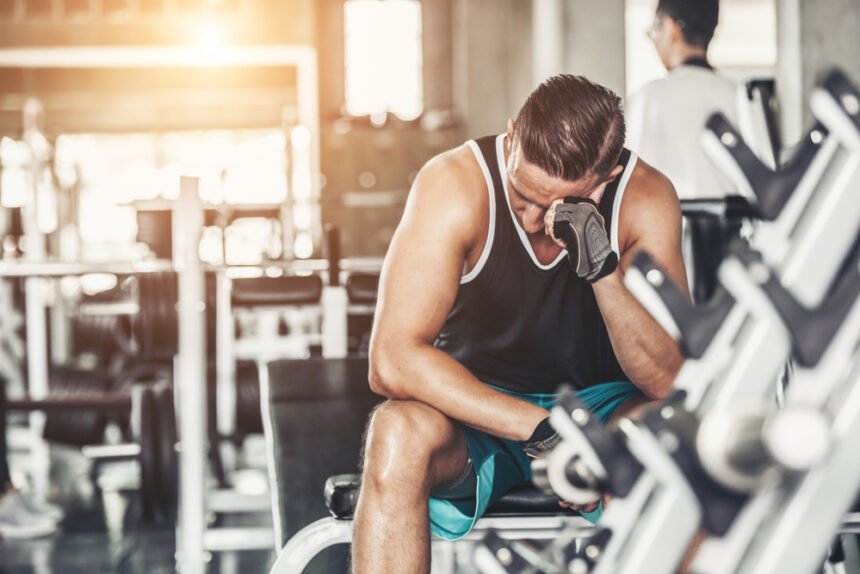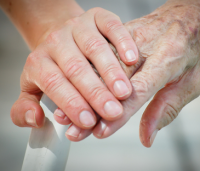Anyone who has ever trained for a competition, found themselves looking to get in shape, or started exercising for any other reason has more than likely dealt with the possible effects of overtraining. From slight discomfort and pain to full-blown injuries preventing you from performing regular tasks, the adverse effects of training too hard are obvious. Yet, athletes continue to do it. Zoma recently surveyed more than 1,000 people to figure out how overtraining affects the fitness community. They analyzed the physical and mental side effects common to overtraining and compared them to those associated with sleep deprivation.
Likely Culprits of Overtraining
Through their study, Zoma found some athletes were more likely than others to overtrain. Weightlifters accounted for 37 percent of all surveyed athletes who admitted to overtraining. Runners made up the second-largest group at 33 percent. For all the athletes undertaking the interview, the majority claimed the want for desired results as the highest reason for overtraining.
It makes sense as to why weightlifters and runners ranked highest for groups overtraining because of the physical exertion required for each activity. Even still, athletes who prefer swimming, which is considered a low-impact workout activity, still felt the negative effect of overtraining.
Common Effects Cited
Overtraining can cause a number of physical and mental ailments. The Zoma study found the number one physical result of overtraining to be temporary physical incapacity. The athletes who were trying to reach higher goals by overtraining were quite literally causing the reverse effect. Second on the list was the inability to perform specific exercises – the physical repercussions of overtraining forced these athletes to stop training.
Then, there are the mental side effects. From frustration to stress, the emotional toll of overtraining can be debilitating. While frustration and stress top the list of emotional responses, depression and insomnia also make their own appearances. The irony that insomnia can be a direct result of overtraining can’t be understated, since many of the same physical and mental effects of sleep deprivation mirror those related to overtraining.
Sleep Deprivation
Sleep deprivation affects people, both physically and mentally. While sleep deprivation may not lead directly to a debilitating physical injury, it has been shown to decrease alertness, reduce coordination, and lessen cognitive ability. These adverse effects can also lead to trauma for athletes. On the mental side, sleep deprivation correlates pretty closely to overtraining. Episodes of depression, lack of sound judgment, and fatigue are all closely linked with a lack of sleep.
Now, imagine you combine sleep deprivation with training. You’re setting yourself up for disaster. That’s why sleep is an integral part of any healthy training regimen. Without proper rest, you open yourself up to serious injury due to mental fogginess. Physically training and getting the appropriate amount of sleep are synergistic activities.
Sleep Well, Exercise Well
Anyone undergoing a physical training regimen needs to be proactive about overtraining. Not only do you run the risk of failing to meet your goals because the possibility of injury is high, but you could also end up permanently injured. Sleep deprivation is also an essential factor in any training regimen because it has proven to be a leading culprit behind training injuries. When you don’t get the proper amount of sleep, your body and mind aren’t given the appropriate recovery time. Make sleep a priority in your training routine. Be aware of how your body is reacting to your training. If you have physical goals you want to achieve, go for it. But also make sure you get enough sleep to do it safely.








